
Navigating Work Stress During the Holiday Season
December 2, 2019 in Be Positive

No matter where you are, whether it be in school and/or work (or any other situation), the time in between Thanksgiving and winter break, no matter how long, can be hard to navigate. Suddenly everything feels like it’s in overdrive: going from a longer, likely lowkey break to having a ton of assignments due within the span of a couple of weeks can seem, and is, overwhelming. The same can be said for work, where things can feel extra stressful during a time that’s supposed to be celebratory and relaxing since it’s the holiday season. Those working in retail have a whole other level of stress given the rise in people shopping and extended hours that they have to work.

Needless to say, despite being “the most wonderful time of the year,” the time between Thanksgiving and winter breaks can be the most stressful too. If you’re experiencing intensive anxiety symptoms when you’re in class, doing homework, or at work, know that this is completely normal. It may not seem that way since it’s the holiday season and people generally tend to be more cheery and relaxed, but the truth of the matter is, holiday anxiety and stress exists.
While taking a break amongst the chaos that is finals and extended work hours is frankly impossible, if you’re able to, you can try to find at least a couple of minutes for yourself. This can be done by taking a few deep breaths or practicing other kinds of deep breathing, organizing the things around you, or even just checking your phone. You may even need to take a small walk to at least another room to refresh yourself by having a change of scenery.

The next couple of weeks are going to be rougher than normal for some. Whatever extra work you might be dealing with during this time, it’s important to remember that you’re not alone in your stress and the feelings of being overworked, overwhelmed, and worried about this time never coming to an end and the worry about these feelings never going away are incredibly valid. Along with finding quick and simpler coping mechanisms among the chaos to ease some of this stress, remember that this time doesn’t last forever and that break at the end of the month that you deserve will come.
What’s this holiday season like for you work-wise? Do you feel like your workload now is more than usual? What kinds of quick and easy coping mechanisms do you have for stress relief?

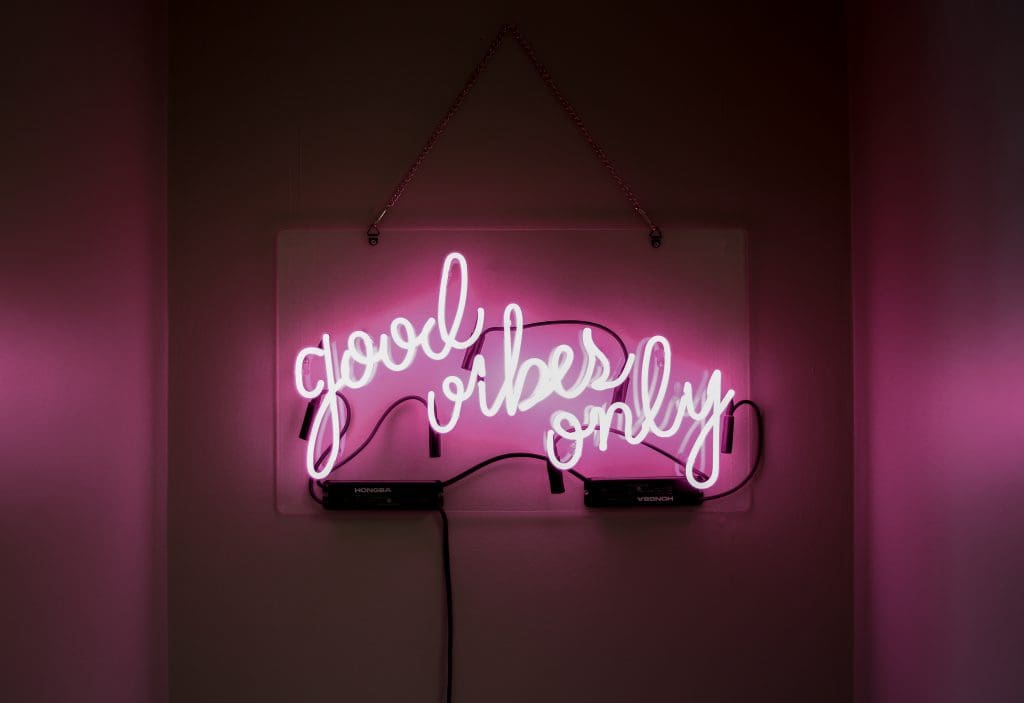
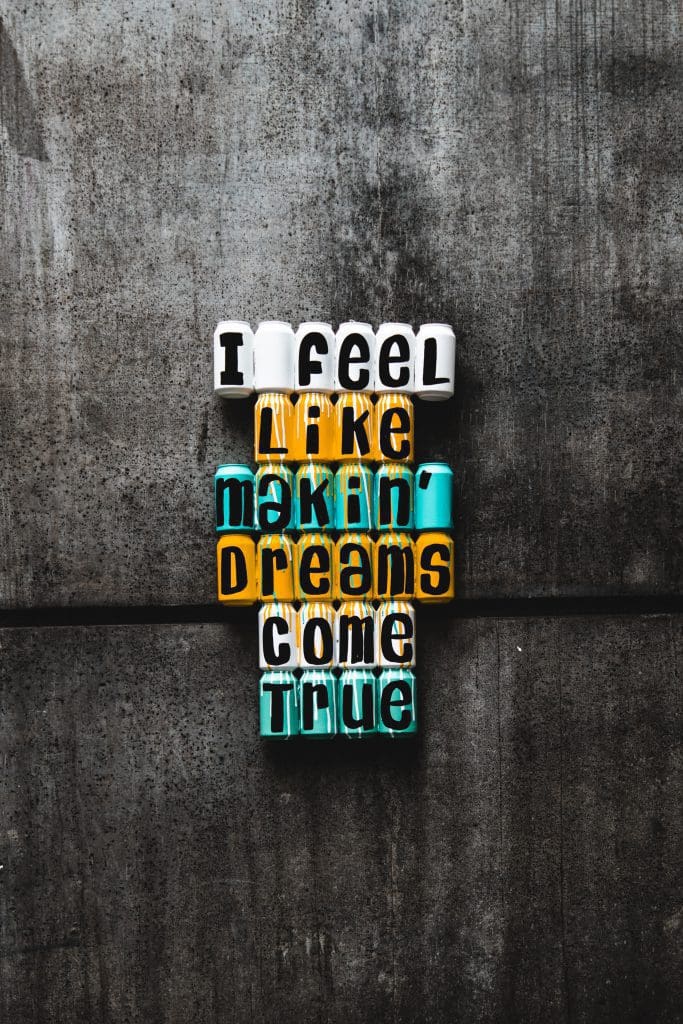
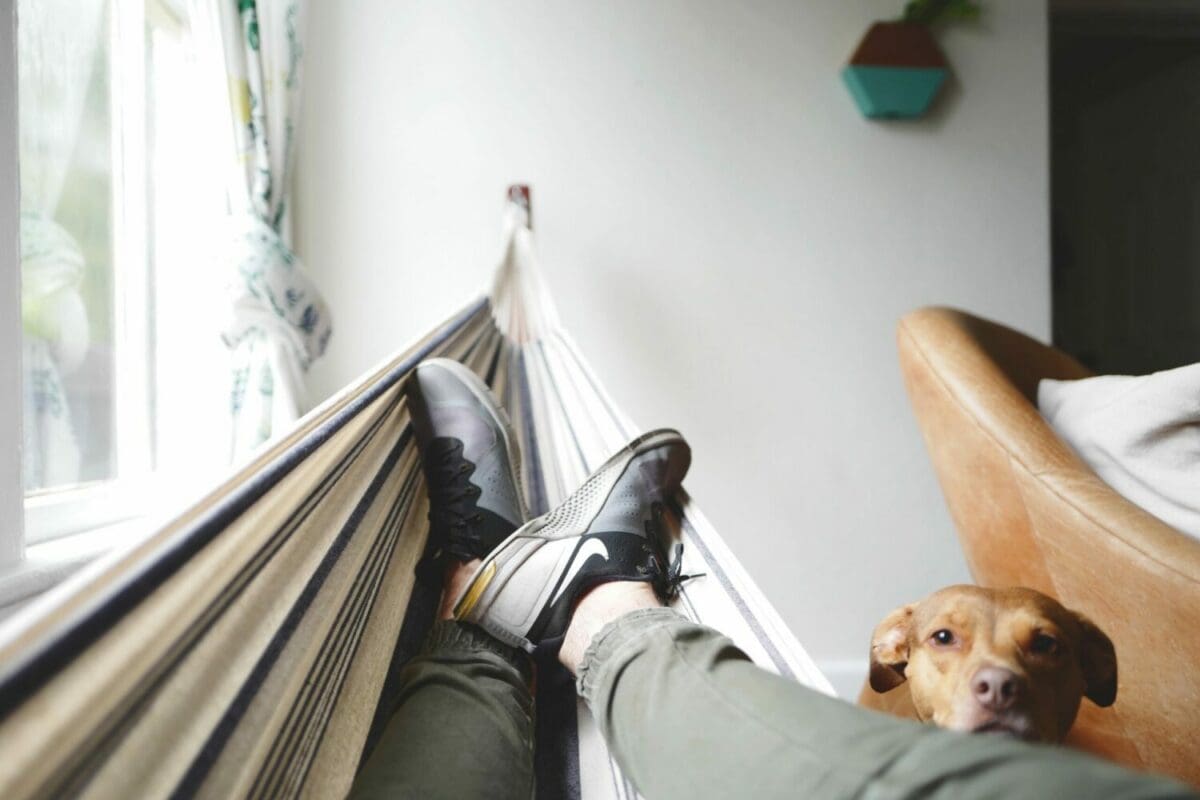
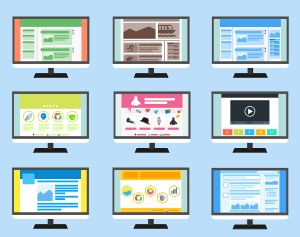
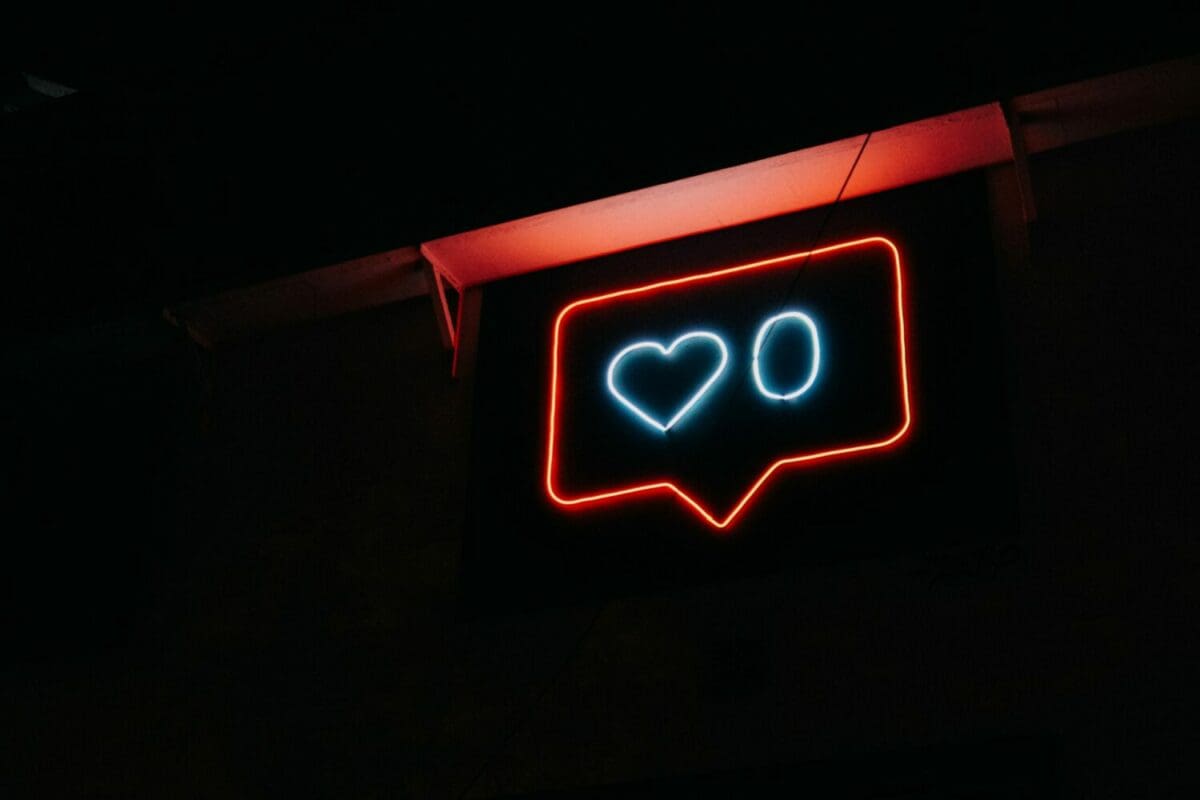
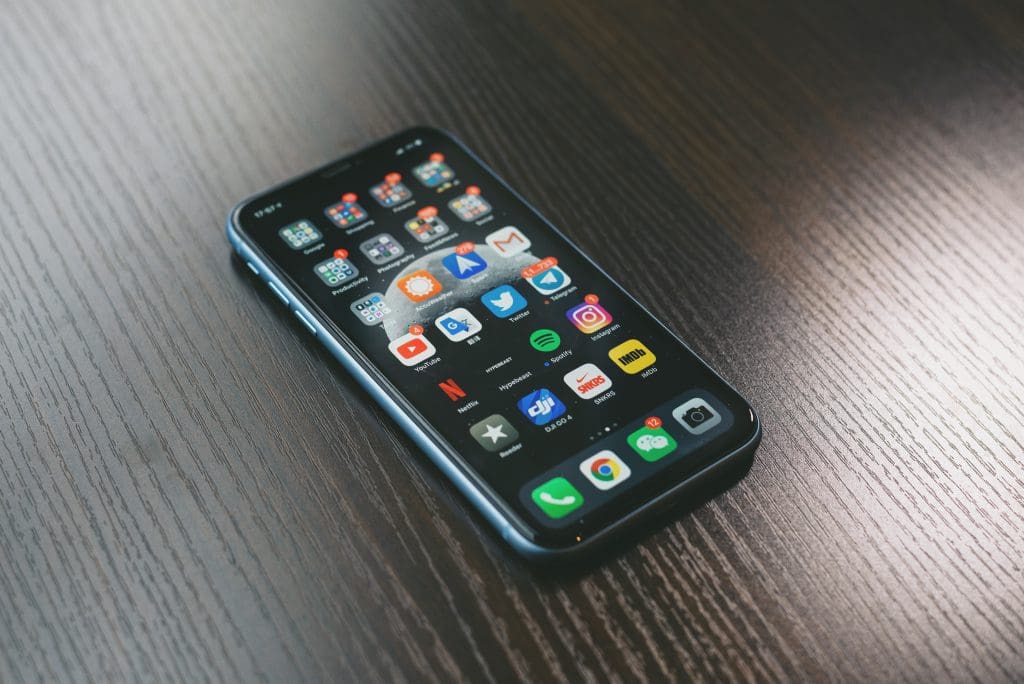


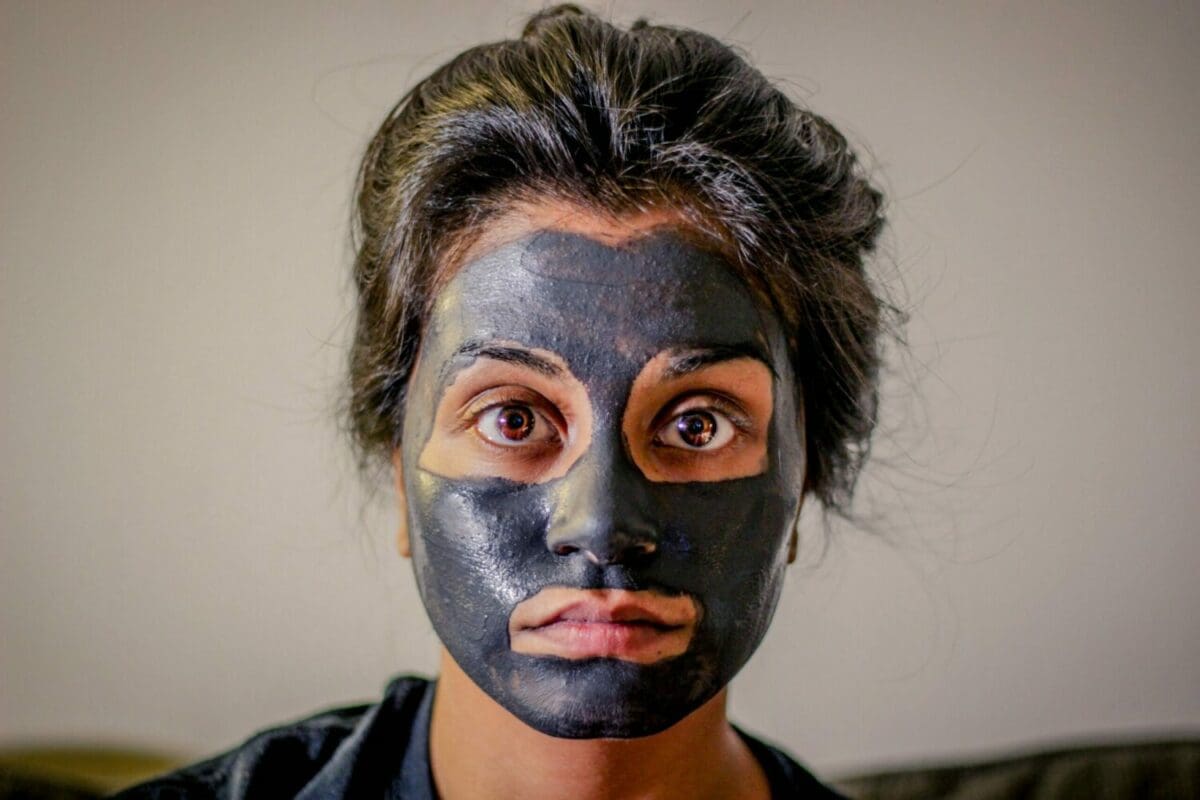
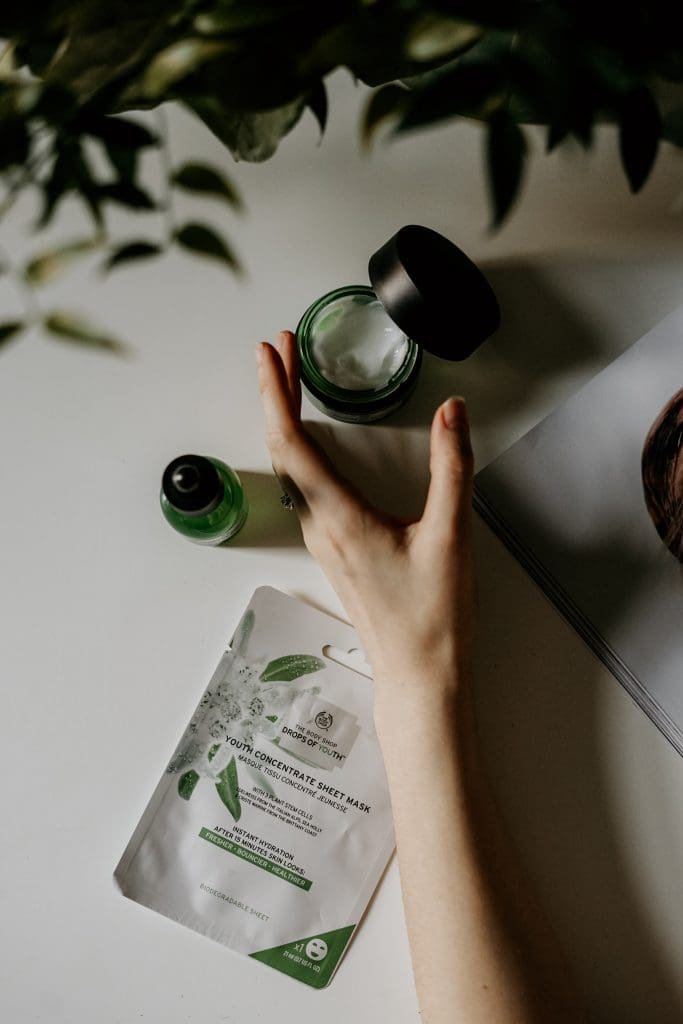

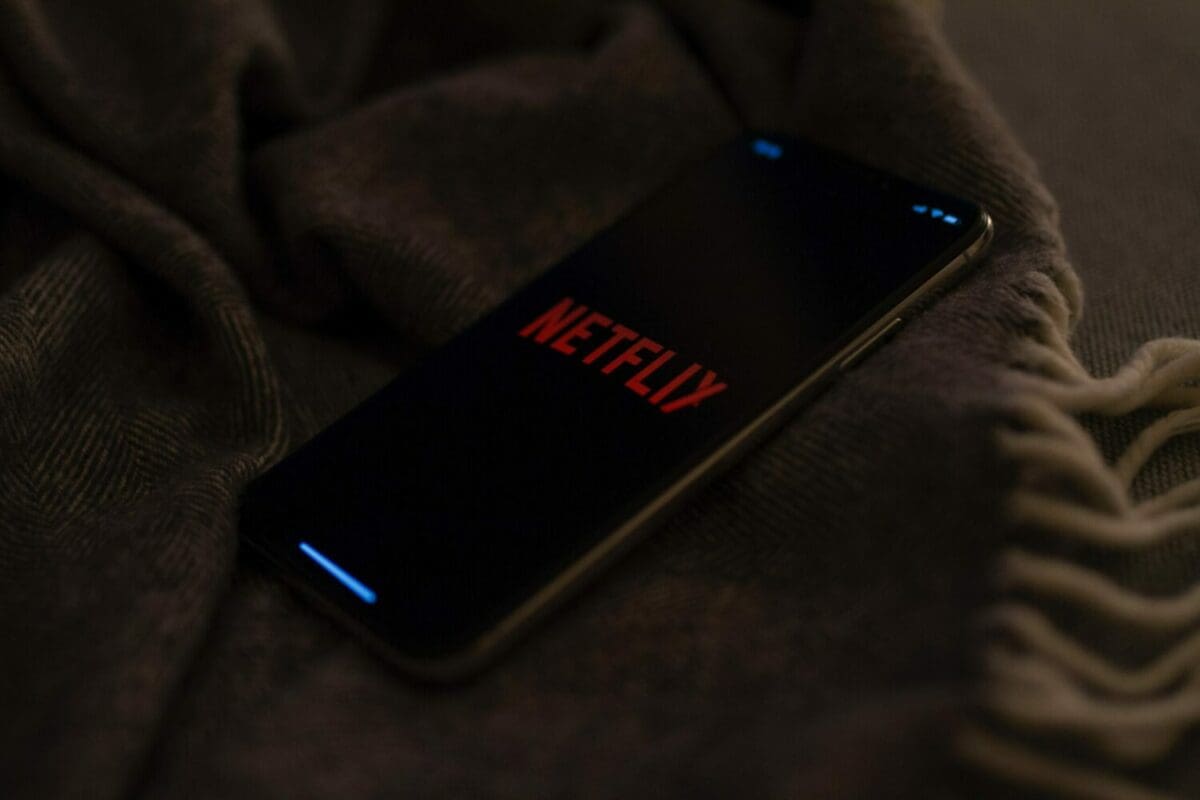
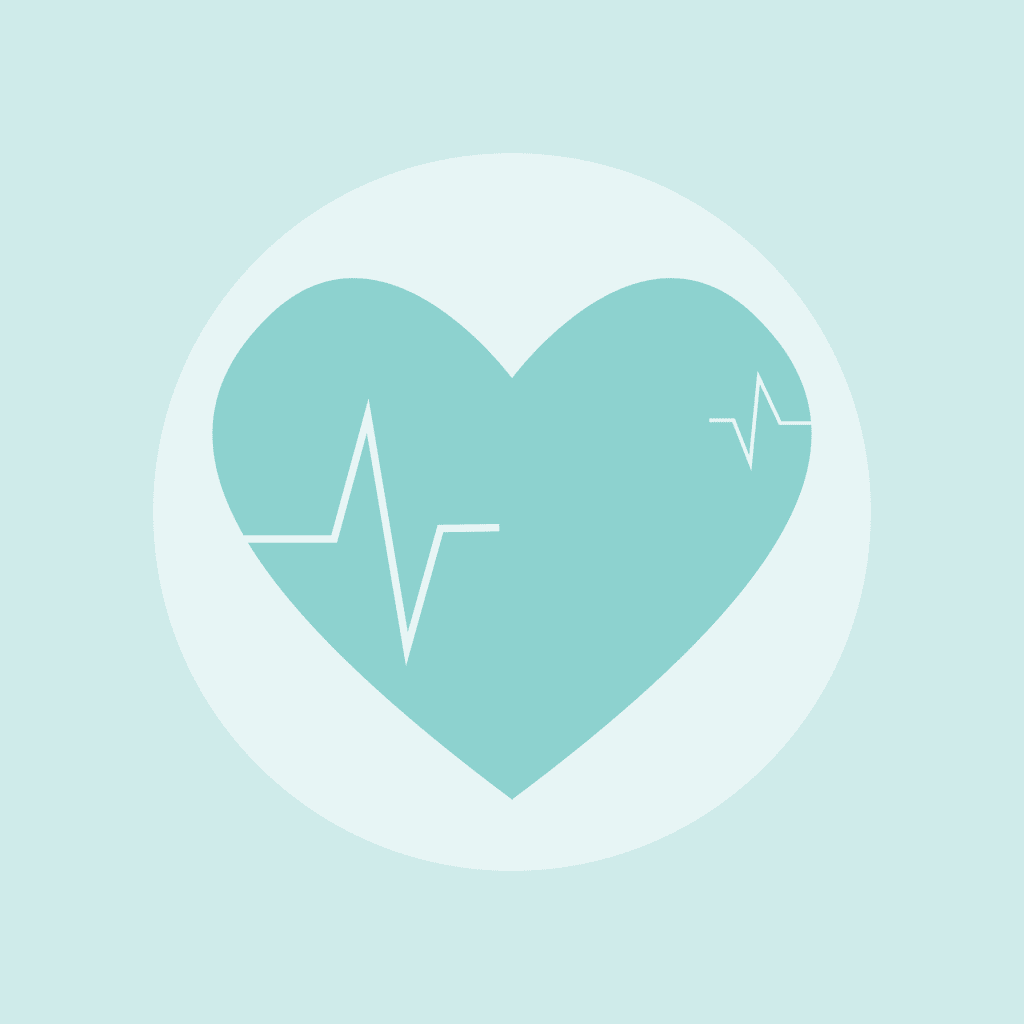
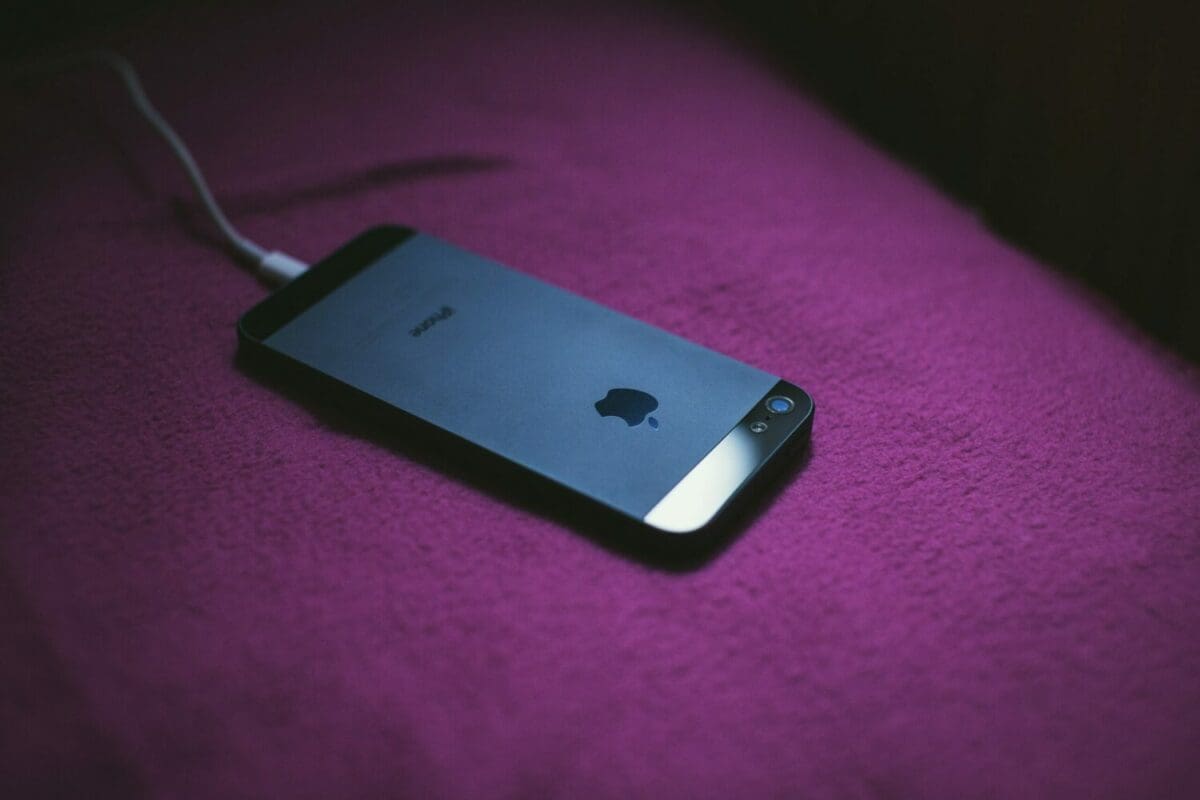


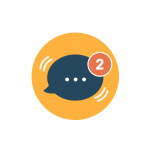
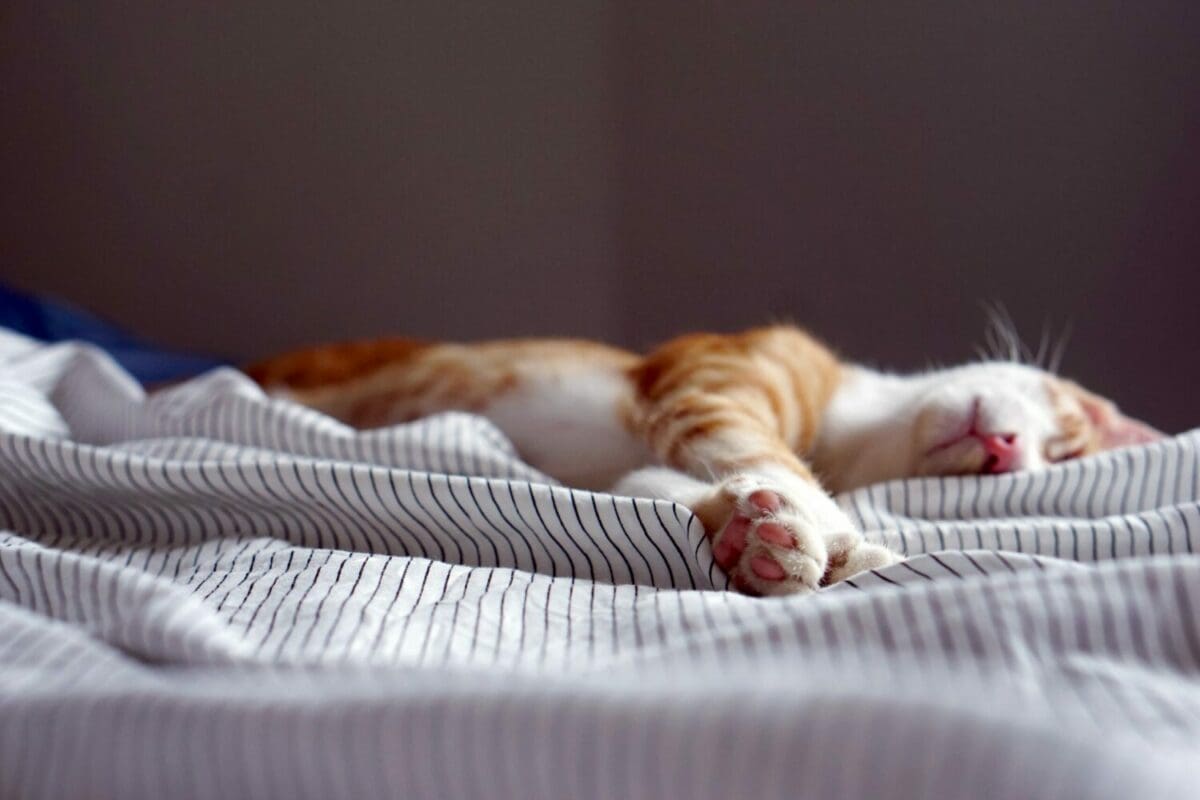

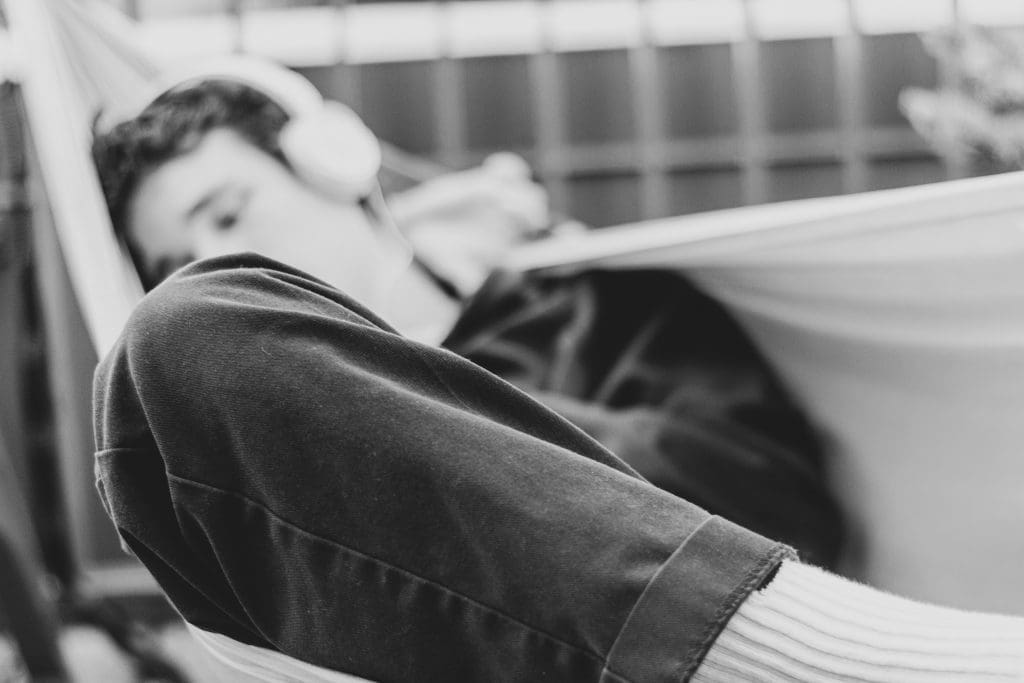
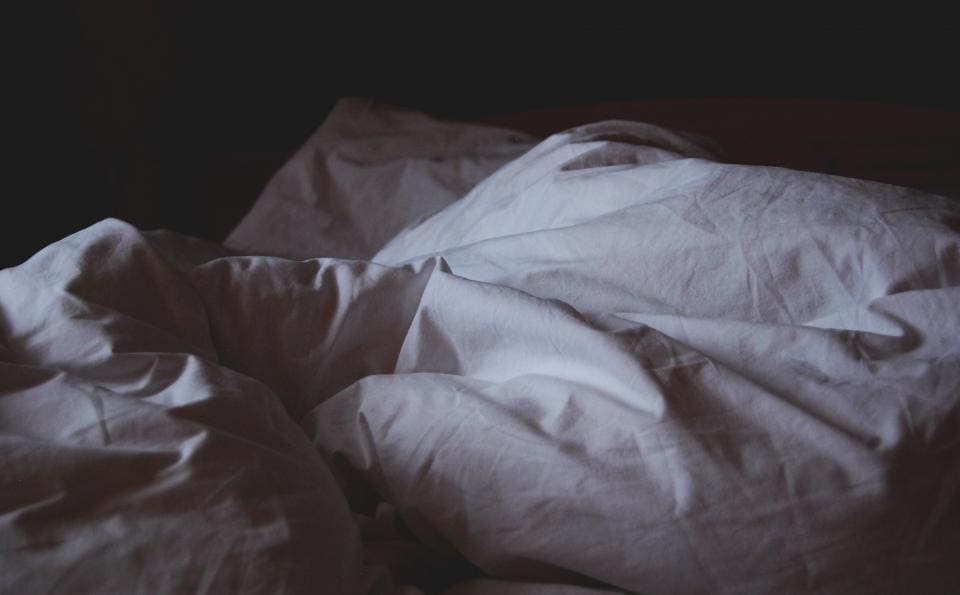




Recent Comments